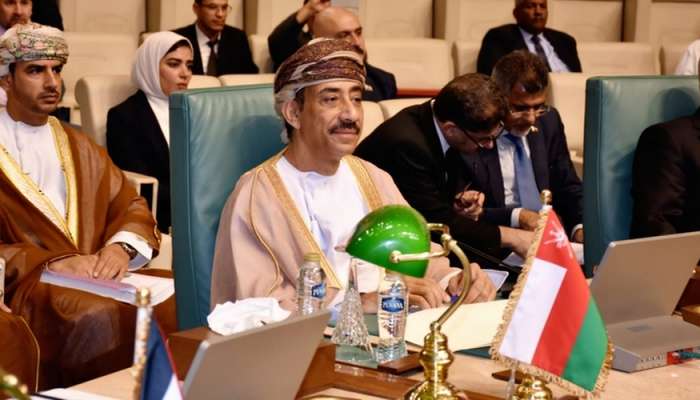The Sultanate of Oman recently participated in the second meeting of Arab ministers focused on risk reduction in Cairo. The meeting, held at the Arab League headquarters, saw Oman represented by Ambassador Abdullah Nasser Al Rahbi. In his speech, Al Rahbi emphasized the necessity of establishing a unified Arab mechanism to decrease the impact of disasters and risks. This initiative, according to Al Rahbi, demonstrates a genuine commitment to address common challenges and bolster cooperation between Arab nations to minimize the occurrence of disasters and risks.
Al Rahbi highlighted Oman’s efforts in the realm of risk management, emphasizing the country’s dedication to limiting the scope of disasters and lessening their impact. Oman has assembled a diverse team from relevant authorities to evaluate potential risks that could affect the nation, encompassing economic, social, health, and other factors. As a result of this evaluation, a National Risk Register has been developed. Al Rahbi noted that the short-term and medium-term records of the National Risk Register have been completed, with long-term risk records currently in progress.
The National Risk Register serves as a comprehensive tool for Oman to identify potential threats and vulnerabilities, enabling the country to develop effective strategies for risk mitigation. By compiling data on various risks, Oman can better prepare and respond to potential disasters, safeguarding its citizens and infrastructure. The proactive approach taken by Oman reflects its commitment to enhancing disaster resilience and ensuring the safety and security of its population.
In addition to compiling the National Risk Register, Oman has also prioritized the establishment of a robust emergency response framework to effectively manage crises and disasters. By implementing comprehensive plans and procedures, Oman aims to enhance its ability to respond swiftly and efficiently in times of need. This approach underscores Oman’s commitment to proactive risk management and disaster preparedness, reinforcing its resilience in the face of potential threats.
Oman’s participation in the Arab ministers’ meeting signifies its dedication to regional cooperation and collaboration in addressing common challenges related to disaster risk reduction. By actively engaging with other Arab nations, Oman seeks to exchange best practices, knowledge, and expertise to strengthen collective efforts in mitigating risks and enhancing disaster resilience. Through these collaborative efforts, Arab countries can work together to build greater resilience and safeguard their communities against potential disasters and risks.
In conclusion, Oman’s proactive approach to risk reduction underscores its commitment to enhancing disaster resilience and safeguarding its population. By developing the National Risk Register and implementing robust emergency response frameworks, Oman is taking concrete steps to mitigate the impact of disasters and ensure the safety and security of its citizens. Through collaboration with other Arab nations, Oman aims to strengthen regional efforts in disaster risk reduction and build greater resilience to potential threats. The Sultanate of Oman’s participation in the Arab ministers’ meeting highlights its dedication to fostering regional cooperation and enhancing collective resilience against disasters and risks.











